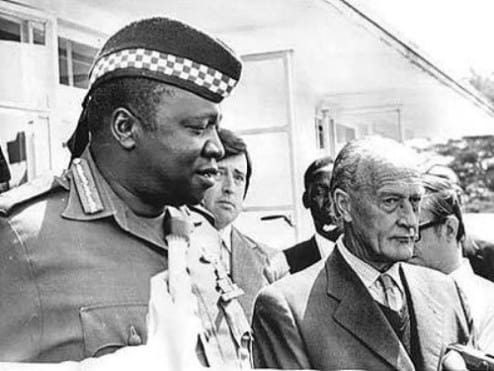The contributions of Black Nationalist and Pan-Africanism leader Marcus Garvey (pictured) inspired other great leaders who forged similar movements. Garvey died on this day in 1940, but not without leaving behind a trail of noteworthy moments forever etched into the annals of African History.
Born Marcus Mosiah Garvey Jr. on August 18, 1877, in St. Ann’s Bay, Jamaica, Garvey was one of 11 children born to Marcus Sr. and Sarah Jane Richards. Acquiring a love of reading as a boy, Garvey later picked up the trade of printing as a teenager. In 1903, he traveled to the capital city of Kingston and involved himself in union work. Embracing unionizing and activism after a failed printer’s strike, in 1910 he went on to work in Central America as a newspaper editor focused on the trials of migrant plantation workers.
Garvey then arrived in London, enrolling at Birkbeck College (University of London). He worked for the African Times and Orient View during this period, the latter paper focusing on Black Nationalism. Garvey then returned to his native land in 1912 with this stance and sensibility, starting the Universal Negro Improvement Association (UNIA).
The aim of the UNIA was to unite the global African diaspora in a repatriation effort. In 1916, he established the UNIA in the United States, forming his base in Harlem, New York.
In 1919, he began the Black Star Line, a shipping company that promoted trade between the Americas, the Caribbean, Canada, and Africa. The following year, Garvey opened the Negroes Factories Association. By 1920, the UNIA boasted 4 million members and held its first convention in August of that year in New York. Although many Black leaders of the time aligned with Garvey, others like W.E.B. Du Bois found the rhetoric of Garveyism dangerous.
In 1923, Garvey and other UNIA leaders were charged with mail fraud in connection to his Black Star Line company. After serving four years in prison, Garvey returned to Jamaica to drum up UNIA efforts there again. This incarnation of the movement was not as prominent, though, and in 1935, he returned to London.
Garvey joined forces with a known white supremacist and segregationist Senator Theodore Bilbo of Mississippi to build a reparations plan.
In 1939, the Greater Liberia Act saw up to 12 million African Americans being sent to the African nation in a move to ease U.S. unemployment. The act was not a success and Garvey fell from grace.
Garvey’s final years were spent in poor health and he died after suffering two strokes while in London. His remains were exhumed and taken to his home country in 1964. Jamaica’s government hailed Garvey as its first national hero and placed his remains in a shrine at the National Heroes Park.
Although he amassed critics during his time, Garvey’s work influenced other nationalist movements such as the Nation of Islam and the Rastafari Movement. Garvey’s legacy lives on too as Ghana’s national football team named its team the Black Stars in honor of the great leader.
Watch Garvey’s story here:










